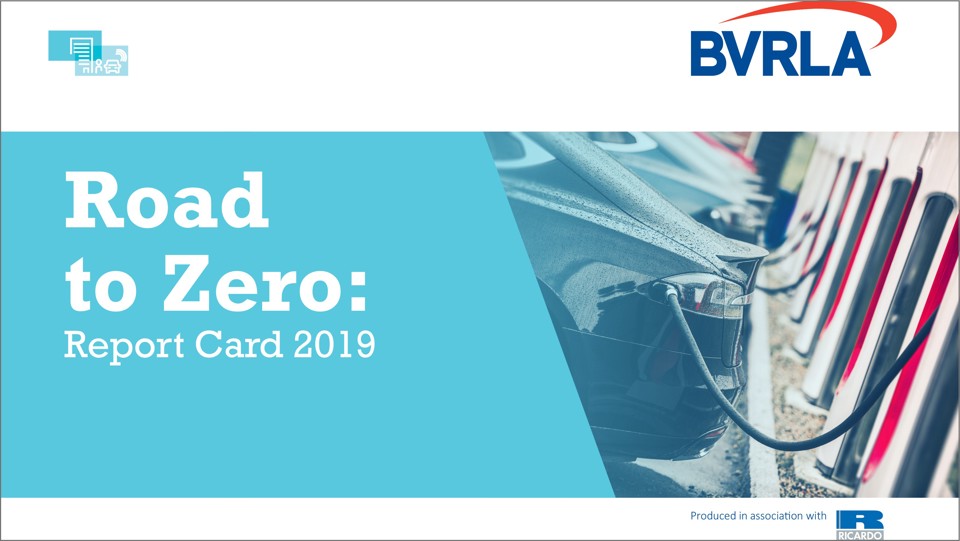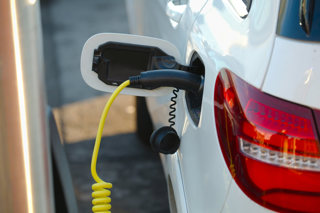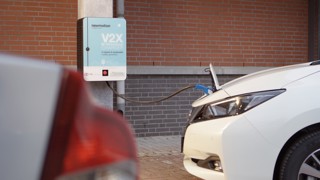Long-term tax incentives, improved lead times and more rapid charge points are needed if the Government is to meet its ‘net zero’ emissions pledge.
That’s the message from trade body the British Vehicle Rental and Leasing Association (BVRLA), which says they risk putting the brakes on UK electric vehicle registrations.
“We are less than a year on from the launch of the Government’s Road to Zero strategy and our own Plug-in Pledge,” said BVRLA chief executive Gerry Keaney.
“Fleets across the UK have committed to this transition and are leading the zero-emission vehicle surge. Our research has found that they are desperate for clarity on future taxation and incentives, want better access to public charging and are frustrated at lead-times of over 12 months for the most popular EVs.”
The findings come in the association’s new Road to Zero Report Card, produced by sustainability consultancy Ricardo, which provides a traffic-light assessment of the Government’s progress towards meeting its zero-emission car and van targets.
It provides analysis of key elements of the Government’s EV strategy and consolidates them into five categories – policy measures, tax benefits, new vehicles, charge points and user sentiment – giving each a traffic-light assessment based on a range of sub-criteria.
The overall strategy gets an ‘Amber – Brakes on’ rating, meaning that it is slightly behind schedule and that the market is seeing a mixed response to the Government’s policy measures.
Although there are green lights for some of the sub-criteria - showing that the UK is a ‘front-runner’ compared to other countries - these are outnumbered by the red warnings in vital areas, said the BVRLA.
To support its assessments, the BVRLA makes some key recommendations that it believes will get the UK’s electric vehicle strategy back on track. These include:
- Providing a five-year roadmap for motoring taxes and EV incentives.
- Setting a national quota for EV registrations that ramps up between now and 2030.
- Mandating universal methods of access and payment for public charge points.
“Fleets are already spending billions of pounds on electric vehicles and can drive an even faster transition to zero emission motoring with more government support,” continued Keaney.
“Growing concerns around urban air quality and climate change mean that the Government is already updating its targets with more ambitious ones.
“We are ready to work with policymakers and the automotive supply chain in meeting today’s and tomorrow’s challenges.”
As part of its 2018 Plug-in-Pledge, the BVRLA said that by 2025, the UK rental, car club and leasing sector will increase its annual purchase of new plug-in vehicles from 17,000 to 300,000 per year.
As a result, BVRLA members’ total plug-in fleet will rise during this period, from 50,000 vehicles in 2018 to 720,000 in 2025.
Jon Lawes, managing director of Hitachi Capital Vehicle Solutions, says that the rapid growth of registrations for alternatively-fuelled vehicles (AFVs) illustrates a growing confidence in EVs and demand to move towards low carbon transport.
However, he said: "The issue of overcoming the up-front costs fleets face from making the switch to EVs and providing adequate charging infrastructure, are both vital to address if we are to accelerate EV transition further.
"Business is already rising to the challenge as we have seen from our involvement in Optimise Prime, the world’s biggest trial of commercial electric vehicles but further support is needed."























Login to comment
Comments
No comments have been made yet.